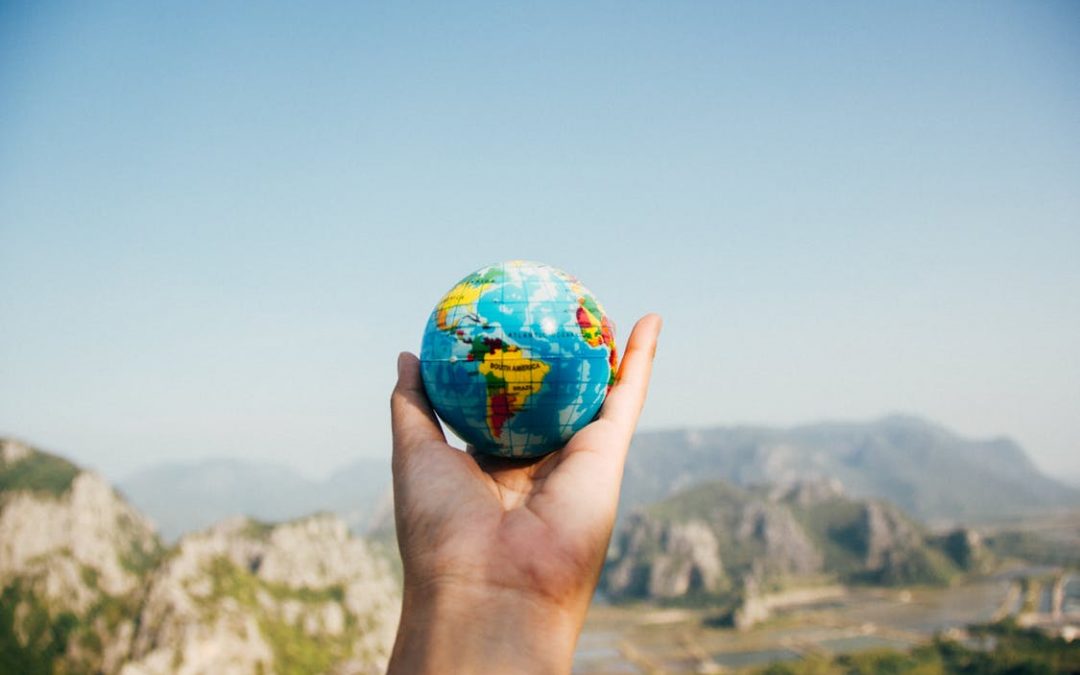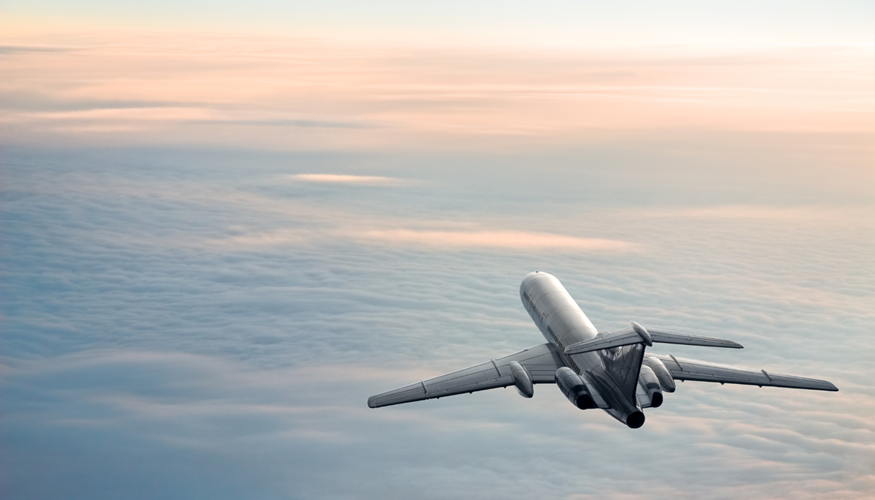La Generación Z está irrumpiendo con fuerza en el sector turístico. Este nicho de mercado está compuesto por nativos digitales permanentemente conectados, nacidos entre 1995 y 2010. Son exploradores por naturaleza y se guían por la filosofía #YOLO “you only live once”, cuya meta es disfrutar de la vida, aunque implique tomar riesgos.
Más de un tercio de sus viajes se destinan a experiencias como conciertos, festivales y eventos deportivos de toda índole. En general, son un grupo claramente multicultural: no se inmutan ante las fronteras geográficas, consideran que son ciudadanos del mundo y quieren verlo todo con sus propios ojos.
Esta nueva ola es a la vez ambiciosa y emprendedora, no quieren trabajar a las órdenes de nadie y prefieren invertir en su propio negocio para gestionar mejor el tiempo del que disponen. Para Angel García Butragueño, Co-Director del Barómetro Turístico BRAINTRUST , se trata de un público potencial que se revela como una importante fuente de ingresos para la industria de viajes, con un peso sobre el sector que continuará creciendo en los próximos años. Esto se debe a que en la actualidad representan el 15% de la población, y se espera que este porcentaje aumente hasta llegar al 40% en 2030*.
Para entender mejor como viajan y que buscan, desde BRAINTRUST hemos desarrollado 5 puntos de comprensión fundamentales:
1. Dependencia tecnológica. Han nacido pegados a un ordenador y se manejan con habilidad en distintos entornos digitales. Realizan toda clase de tareas simultáneas empleando dispositivos como teléfonos inteligentes, Smart tv´s, ordenadores portátiles, smartwatchs y tablets. Una consecuencia de tener tantos instrumentos a su disposición es que los viajeros de la Generación Z tienen períodos de atención notablemente más cortos: un máximo de 8 segundos aproximadamente. Han crecido en una era de comodidad móvil y autoservicio constante; por ello esperan poder investigar, reservar, registrarse, realizar transacciones, revisar y gestionar múltiples aspectos de su viaje a través de sus dispositivos. Serán la primera generación que use la inteligencia artificial en sus vidas.
2. Interacción con las redes sociales. Están influenciados por las fotos que publican sus amigos en plataformas como Snapchat o Instagram, por los que estos canales deben ser puntos de contacto indispensables para las empresas del sector turístico. Miran el doble de videos en dispositivos móviles que cualquier otro grupo demográfico existente. Debido a esto, las experiencias y destinos únicos que permitan obtener imágenes atractivas son las modalidades de viaje más demandadas. 1 de cada 2 viajeros de la Generación Z aseguran que los anuncios con ofertas o imágenes atractivas ayudaron en su proceso de toma de decisiones.
3. El presupuesto es una prioridad cuando planifican y reservan sus viajes. No tienen mucho dinero y optan por experiencias económicas, ya que muchos de ellos son estudiantes que no pueden permitirse costes adicionales o trabajadores primerizos que no cuentan con demasiado capital. Pero son los viajeros del futuro. Gastan alrededor del 25% de su presupuesto en vuelos e invierten menos en hoteles que otras generaciones, lo cual explica el auge de nuevos modelos de negocio, como es el caso de Airbnb.
4. La inmediatez es una exigencia. Prefieren cualquier tipo de opción antes que interactuar con el personal humano, y aquí cobra importancia el desarrollo de los chatbots. Dan por descontada la conexión inalámbrica a internet de alta velocidad y están obsesionados con la puntualidad, especialmente en lo que respecta a la resolución de problemas.
5. Ser y no tener. Al igual que los millennials que han venido antes que ellos, los viajeros de la Generación Z valoran las experiencias sobre las cosas materiales. Viajan mucho desde una edad temprana y tienen una mentalidad global interesada en destinos poco convencionales, como pueden ser las regiones más recónditas del Ártico. No quieren comodidad, buscan algo genuino que les acerque a las realidades de los destinos que visitan, para después compartirlo con sus amigos a través de las redes sociales.
Según José Manuel Brell, Co-Director del Barómetro Turístico BRAINTRUST, no hay marcha atrás, los llamados “Gen Zers” han cambiado el paradigma para siempre, y ya es hora de que los actores turísticos se adapten a esta nueva tendencia si quieren sobrevivir en el futuro. En BRAINTRUST podemos ayudarte a conocer mejor este nuevo modelo de viajero que ya es indispensable para el futuro del sector. Disponemos de los mejores medios para asesorarte en la configuración de propuestas de valor que optimizarán tu presencia en el mercado.
¿Quieres obtener información detallada? Ponte en contacto con nosotros y solicita nuestro Barómetro Turístico, el soporte metodológico que determina la disposición del mercado a viajar, así como las tendencias que permiten a todos los proveedores de la industria de viajes identificar oportunidades de negocio y ajustar su oferta a las preferencias de los consumidores.






